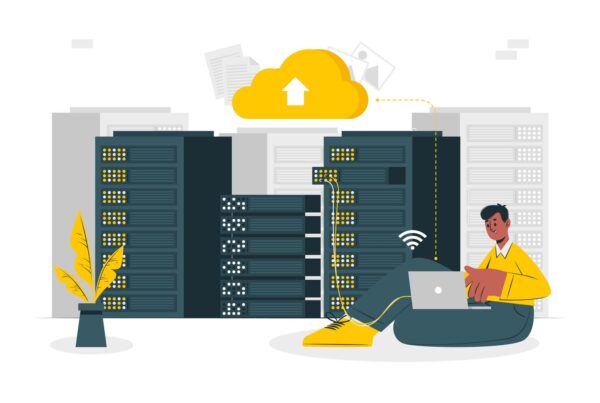We are all going to die some day. It’s the truth of life that many people dread. However, you can definitely make it easier and more convenient for your dear ones to carry on your website and online work, provided you prepare for it in advance. Your online work also forms part of your property, since it has been created out of your intellectual efforts and labour. Your website, branding, hosting account, emails, blog etc. are all part of your online property. Although many online services have digital inheritance clauses and systems to handover a deceased person’s account or website after their death, smaller service providers, hosting companies and even government organizations are hesitant to part with such information in the absence of proper laws or court intervention. This article deals with how to manage your e-assets after you die.
What Should You Handover?
Before you die, be sure to hand over your passwords, secret codes, authentication information and even PIN numbers for devices, websites, online systems, security systems and more. Not only do you need to ensure that your loved ones have the right login credentials, you also need to inform them how and where to login from.
Control Panel Details and login information for your intellectual property is also an important part of your estate. Ensure that you compile a list to hand over before you die. Email Accounts are most important and maybe essential in retrieving passwords or ownership information for certain online entities.
Domain Ownership and domain name control is also essentially a part of your mind’s creation. Handing over your online property may benefit your loved ones and may help them reap rich rewards.
How Should You Hand It Over?
Handing over your login details can always be a very sensitive and sentimental affair. Some people may want to deposit a printout with all the details written down, with their solicitor or attorney, to be handed over to their near or dear ones. Others may choose to update a file or online spreadsheet with the login info and hand over access of that file to their attorneys, so that subsequent changes are passed on too. You may also consider having a password protected encrypted file on your local computer and hand over the password to a trusted friend.
Talk to your Service Providers
Service Providers themselves may not have thought so far into the future about how to handle the death of a client. However, it maybe a good idea to introduce your heirs or beneficiaries to the service provider in advance, so that they know whom to deal with in your absence. Sometimes, if you share a good relation with your web host or hosting service, they may also allow you to add a second contact email address and allow that email address to simultaneously control the account, so that either or the survivor can operate the account.
Make a Will
Another very essential aspect of handing over any kind of property after you die, is to make a testamentary disposition or in simpler words to ‘make a will’. In modern times, people include their online assets and online accounts as part of their final will, so that their heirs can apply to the various authorities and control their account once they are gone.
How to recover control of the e-assets of a dead relative?
The answer to this question depends on various factors. It depends primarily on the local laws, who your service providers are, whether your service providers are aware of the bequest to you, whether you alone are entitled to make a request for the assets and so on. Most countries and finding it difficult to deal with these questions, especially in the absence of any concrete laws to deal with these matters. This means that if you do make a representation to the company or service provider and they accept your request, then you are lucky. If they are not rational or wish to play it safe by not giving you the information without a court order, you may be in for a long procedure. Either way, courts are your best option, to compel any provider to give you the information or control that you want.








